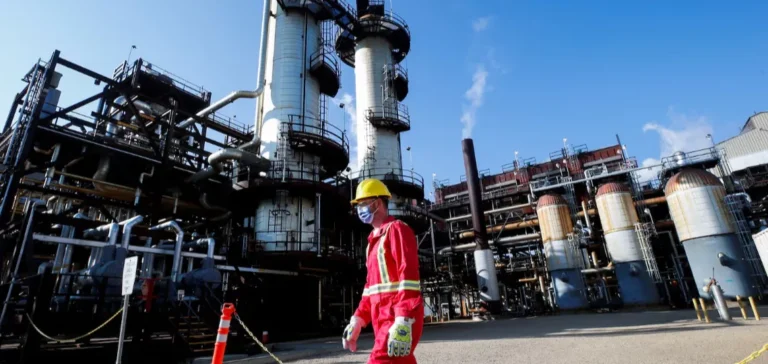Canada’s Ministry of Energy and Natural Resources has announced an investment of CAD5.8mn ($4.26mn) in three carbon management projects located in British Columbia. This initiative is part of the Energy Innovation Program, which supports research and development in carbon capture, utilisation and storage (CCUS) technologies.
Three companies targeted by public investment
Svante Technologies Inc., a company specialising in solid sorbent-based CO2 capture filters, will receive CAD1.3mn ($955,000) to expand its testing capabilities by building new facilities. Anodyne Chemistries Inc., based in Vancouver, will receive CAD2mn ($1.47mn) to demonstrate and scale up an industrial process that converts CO2 into formate, a chemical compound used in fine chemicals and materials sectors.
Agora Energy Technologies Ltd. will receive CAD2.4mn ($1.76mn) to further develop its CO2 capture and utilisation technologies based on impure flue gases. The company is developing an electrochemical technology that directly converts carbon dioxide into industrial chemical products.
Federal support under Budget 2021
These funds are allocated under a commitment made by the Canadian government in 2021, which provides CAD319mn ($234mn) over seven years to support the commercial development of CCUS technologies. The call for proposals that led to this selection focused on initiatives capable of reducing the cost of carbon capture, storage and utilisation on an industrial scale.
According to federal data, these investments aim to position Canada as a competitive player in the international CCUS market. Supporting this strategy, the government introduced a dedicated CCUS investment tax credit in Budget 2024, representing total support of CAD93bn ($68.2bn) by 2035.
Technologies with industrial application
The recipient companies are focused on technological solutions with potential for integration into existing industrial chains. Anodyne Chemistries, for example, targets the solvents and agrochemical markets with its CO2 conversion process. Agora Energy is developing an electrochemical process aimed at applications in batteries and carbon-based materials.
Scaling up these technologies could open new economic opportunities while building an industrial sector around carbon dioxide valorisation. Canada is leveraging its technological ecosystem to accelerate this industrial shift, particularly in British Columbia, where several sector players are concentrated.






















